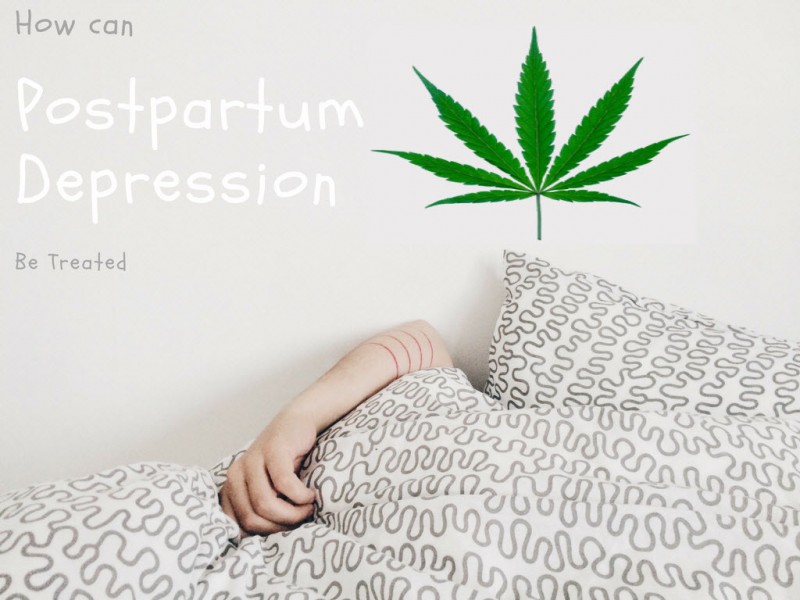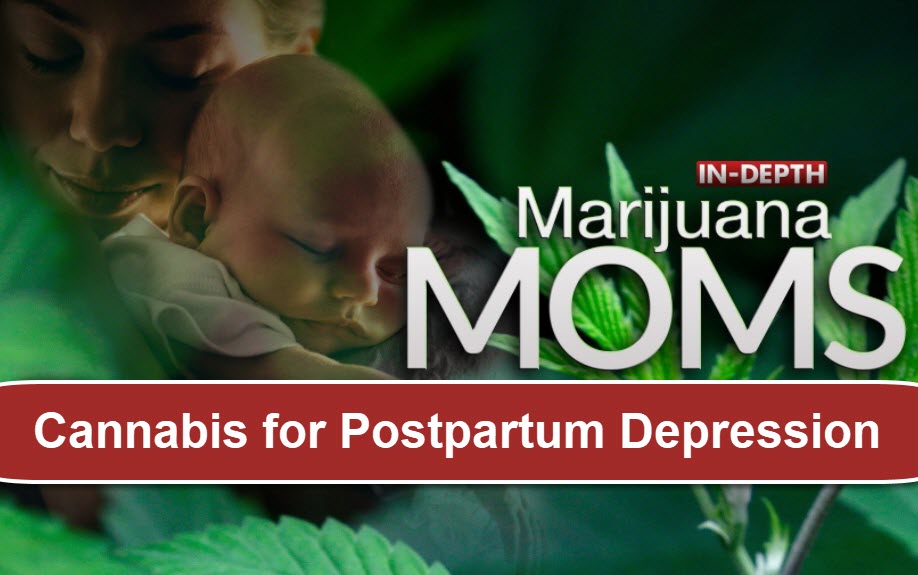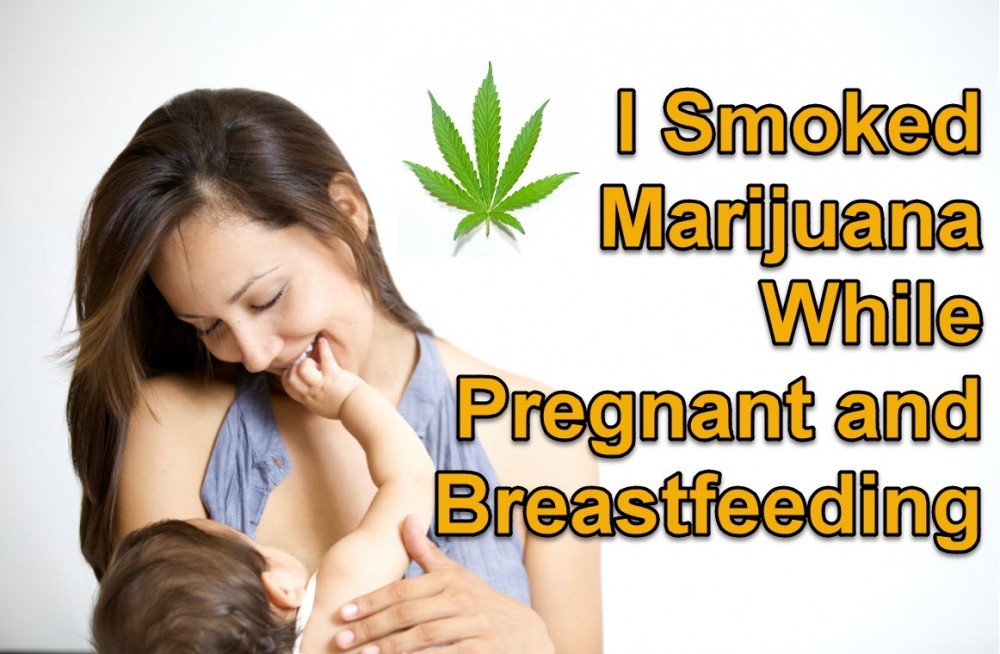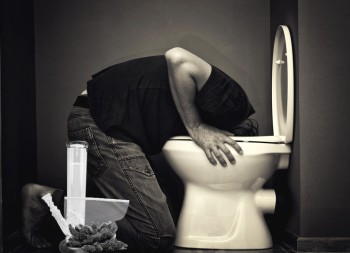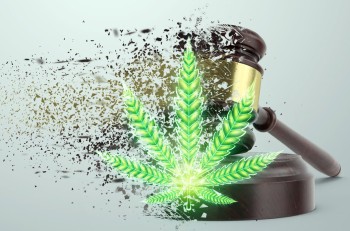How Can PPD Be Treated With Cannabis?
How Can Cannabis Help with the Baby Blues Postpartum? from CannabisNet on Vimeo.
Can You Treat Postpartum Depression with Medical Marijuana?
Motherhood brings many changes in a woman’s life that can sometimes be overwhelming for a new mother. While it’s not unusual for women to feel “baby blues” after giving a birth, this period of moodiness typically lasts up to five days. However, when the feelings of depression and anxiety last for more than two weeks and start interfering with a mother’s everyday life, they might be the sign of postpartum depression.
Postpartum depression: definition, causes and symptoms

Definition
Postpartum depression (PPD) represents a mood disorder that some women experience after giving birth. Although parenthood brings a lot of stress and exhaustion, in the case of postpartum depression, women are overwhelmed by feelings of extreme sadness, exhaustion and anxiety that affect their ability to take care of their needs and the needs of their newborn babies. Overpowered by feelings sadness and despair, mothers are unable to perform daily tasks. The American Psychiatric Association suggests that women can show symptoms of PPD even during pregnancy. Approximately 10 percent of new mothers suffer from PPD, but it’s believed that the estimate is even higher because not all women seek professional help.
Causes
As any other mental disorder, postpartum depression is caused by a combination of different factors, both physical and emotional. During pregnancy, women’s bodies undergo tremendous changes, with frequent and sudden changes in mood. After giving birth, the hormone levels (oestrogen and progesterone) drop quickly, which results in chemical changes in the brain that can cause mood swings. Furthermore, a great number of mothers are sleep deprived and unable to fully recover after childbirth. This consequently leads to physical exhaustion and discomfort, contributing to the PPD symptoms.
Symptoms
Symptoms of postpartum depression are quite diverse and they can vary from a woman to woman. For a woman to be diagnosed with PPD, she must experience several different symptoms for at least two consecutive weeks. Nonetheless, it all depends on an individual case, so it’s of the utmost importance that a woman seeks professional help if she experiences some of the following symptoms:
-
Extreme feelings of sadness, hopelessness and emptiness
-
Feelings of worthlessness and overwhelming guilt
-
Restlessness, irritability and sluggishness
-
Anxiety
-
Feelings of anger or rage
-
Frequent crying for no apparent reason
-
Social withdrawal
-
Loss of interest
-
Oversleeping or insomnia
-
Overeating or starving
-
Inability to emotionally connect with her baby
-
Physical aches and pains, such as headaches, muscle pain and stomach problems
-
Slowed movement or speech
-
Inability to concentrate or make decisions
-
Thoughts about harming herself or her baby
Risk factors
It’s important to stress that some women are at greater risk of developing postpartum depression. This is typically the case with women with one or more of the following risk factors:
-
Previous experience with depression or bipolar disorder
-
Depression during or after previous pregnancy
-
A family history of depression or other mental illness
-
Traumatic childbirth experience
-
The occurrence of a stressful event during or after pregnancy (domestic violence, job loss, death of a loved one, etc.)
-
Lack of support
-
Unplanned or unwanted pregnancy
-
Alcohol or drug abuse
-
Financial instability
The treatment of PPD

If a mother experiences these symptoms and has certain risk factors for developing PPD, it’s essential that she schedules an appointment with her care provider who will prescribe an appropriate treatment. If left untreated, postpartum depression can affect mother’s physical and mental health and last for years. In addition, it can endanger the general well-being of her baby. Effective treatments for postpartum depression typically entail antidepressants and talk therapy.
Antidepressants are used to balance the brain chemistry and regulate the mood. Although they might have certain side effects, they usually disappear after a certain period. Typically, a counsellor prescribes a combination of different antidepressants depending on an individual case. They are generally considered safe to use during breastfeeding, but it’s important for a mother to talk about the risks and benefits to her counsellor.
Talk therapy, also known as counselling or psychotherapy, refers to one-to-one counselling sessions with a mental health professional, such as counsellor, psychologist, psychiatrist, etc. There are different types of talk therapy, including interpersonal therapy and cognitive behavioural therapy. The approach to treating PPD may vary depending on a particular practice, as well. For example, there are special sessions based on narrative therapy for depression which are proven to help with lack of motivation and all around mental health. Furthermore, if a woman has difficulties talking face-to-face with a counsellor at first, there are always online therapies like Presto Experts.
A less common type of PPD treatment is electroconvulsive therapy (ECT) that is prescribed to women suffering from severe postpartum depression. In such cases, neither medications nor talk therapy have proven to be effective, so a counsellor may suggest ECT that entails the use of electrical stimulation under general anaesthesia for changing brain chemistry and relieving PPD symptoms.
Postpartum depression and medical marijuana
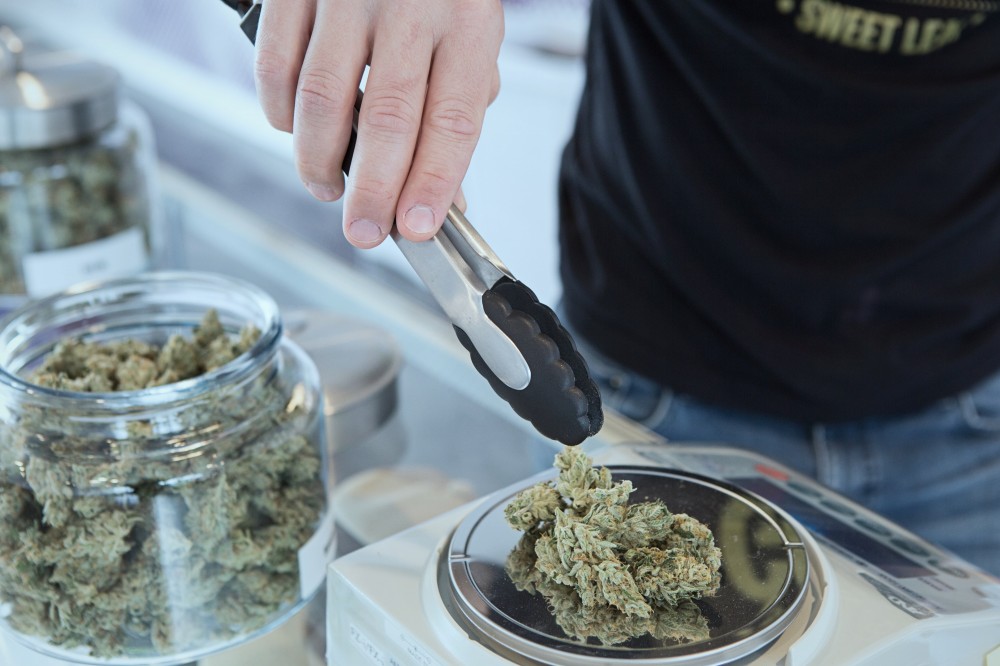
A controversial yet effective method of treating postpartum depression is the medical use of cannabis. Owing to its antidepressant effects, marijuana is widely used in depression treatments. Consequently, numerous studies have been conducted researching the effects and safety of marijuana use in PPD treatment. Studies have shown that medical marijuana can significantly alleviate the symptoms of postpartum depression. Mothers who have opted for this type of treatment have reported that marijuana has helped them relieve stress and anxiety, improved their sleep quality and lifted their moods. Many of them have said that marijuana has proved to be much more effective than antidepressants that cause irritability, insomnia and loss of focus.
The effects of THC and CBD
THC and CBD are two marijuana compounds that are used in depression treatments. The difference between the two is that THC is psychoactive, while CBD isn’t. These compounds are typically used in combination and can relieve stress, anxiety and symptoms of depression by interacting with our endocannabinoid system.
However, the most controversial aspect of marijuana use in PPD treatment refers to its effects on a newborn baby. While numerous studies have been conducted, the results are still inconclusive. Since both THC and CBD can be transferred to a baby through breastfeeding, many medical professionals are concerned about the effects this might have on the early development of a child. Nonetheless, there are studies that suggest a negative impact, as well as those that haven’t found any significant changes in a child’s development, which leaves the effects of medical marijuana on a child still under a question mark.
Postpartum depression is a serious disorder that can affect both mother’s and child’s well-being. Therefore, it’s of the utmost importance that a woman experiencing some of the PPD symptoms seeks professional help and gets appropriate treatment.
OTHER STORIES YOU MAY ENJOY...
CANNABIS FOR POSTPARTUM DEPRESSION, READ THIS..

